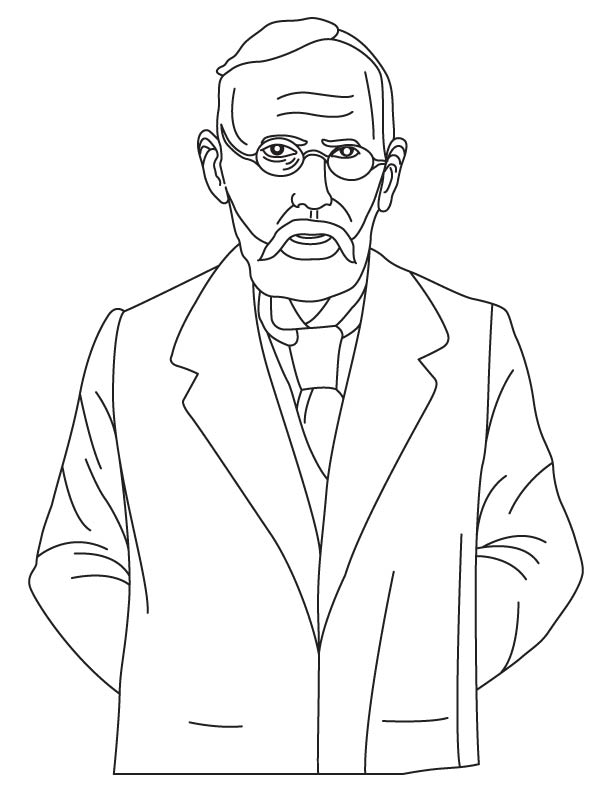Coloring Pages
- Activities Coloring Pages
- Animals and their Homes Coloring Pages
- Animals Coloring Pages
- Baby Animals Coloring Pages
- Cartoons Characters Coloring Pages
- Clothing Coloring Pages
- Coloring Pages for Teens
- Commonwealth Games Coloring Pages & Posters
- Connect the Dots Numbers
- Construction Vehicles and Tools Coloring Pages
- Culture and Tradition Coloring Pages
- Domestic/Farm Animals Coloring Pages
- Educational & Preschool Coloring Pages
- Fantasy, Medieval and Fairy Tales Coloring Pages
- Festivals Around the World Coloring Pages
- Flags of the Nations Coloring Pages
- Flower Coloring Pages
- Food and Agriculture Coloring Pages
- Health and Fitness Coloring Pages
- Holidays & Celebrations Coloring Pages
- House, Building and Home Coloring Pages
- Jungle Coloring Pages
- Maths Worksheets
- Music Coloring Pages
- Nature & Landscapes Coloring Pages
- Parts of Body Coloring Pages
- People, Occupations & Professions Coloring Pages
- Religious Coloring Pages
- Road Sign, Safety, Good Manner, Habit Coloring Pages
- Seasons, Calendar, Time & Money Coloring Pages
- Silhouettes
- Space & Exploration Coloring Pages
- Sports & Recreation Coloring Pages
- Stories, Tales and Classics Characters Coloring Pages
- Toys Coloring Pages
- Trophies, Medals and Awards Coloring Pages
- Vehicles & Transportation Coloring Pages
- World Famous Great Inventions
- World Famous Great Scientist and Inventors
Paul Ehrlich coloring pages


Paul Ehrlich is an educator and biologist from America, born on 29 May, 1932. At Stanford University's Biological Sciences Department for Population Studies he was a Bing Professor, and at the Centre for Conservation Biology at Stanford, he had set precedence as President. He was a well-known ecologist, entomologist as well as a demographer. He had regularly announced warnings on the limited resources on earth and the growing population. The Simon Ehrlich Wager had made him a known name, a bet he made in 1980 about trends in particular metal prices. After 'The Population Bomb' his controversial book publicized in the year 1968 helped him gain popularity. Many of the predictions made by him had been proven incorrect.
However, he continued to stand by his thesis that the population is growing at an alarming rate and could threaten the planet's environment and survival of humans. Along with Charles Remington and Richard Bowers in the year 1968, he founded the Zero Population Group.




 Print this page
Print this page














































































































































